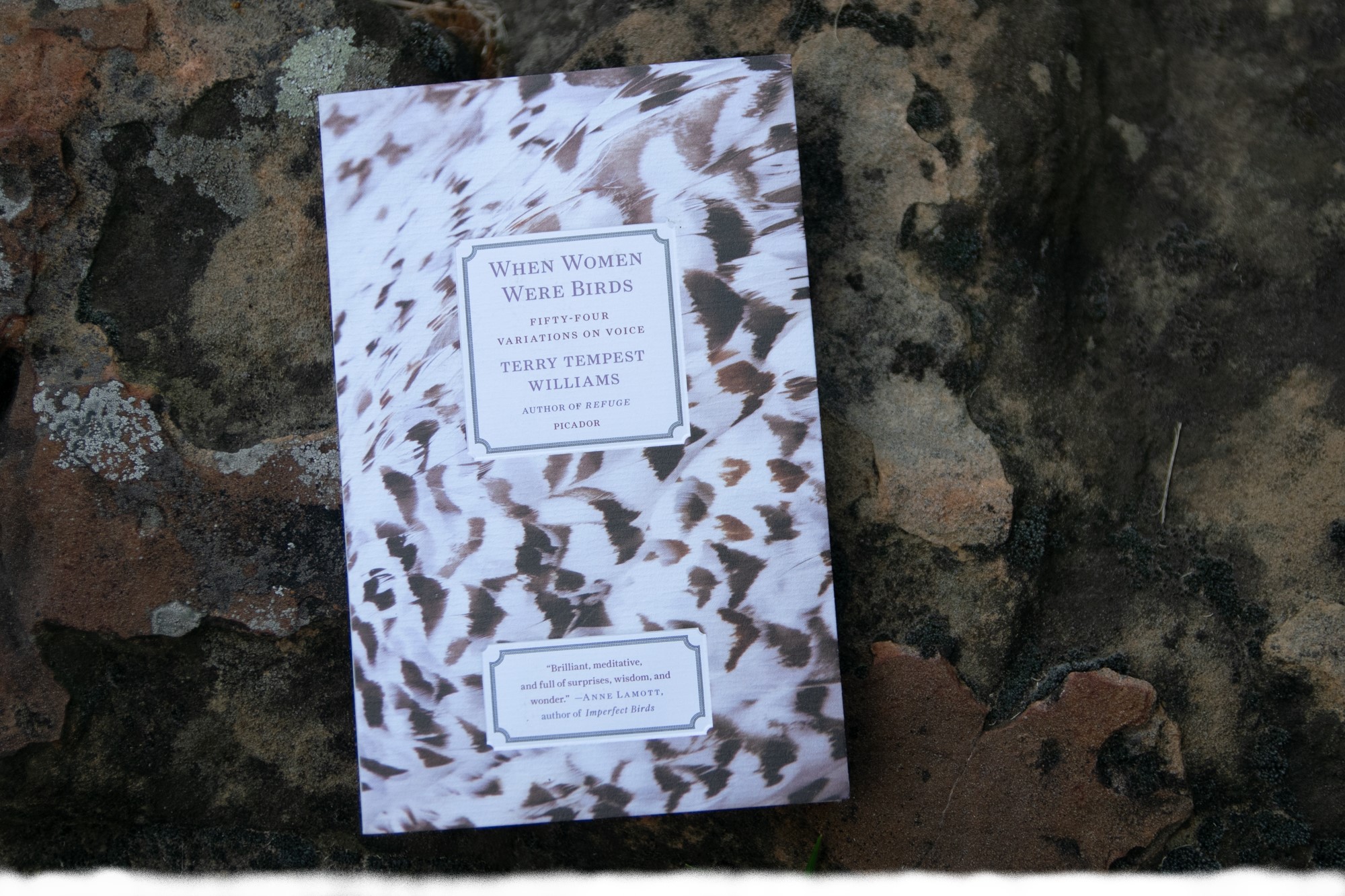The Singing Rock

1 August 2019 | Theme: Voice | 3-Minute Read | Listen
Long ago, some children I know used to climb up on a rock in their yard, open their mouths wide, and sing with abandon. They didn’t care who was watching or listening as they laughed and sang. They weren’t singing to impress others—they were singing for the joy of singing. The Singing Rock was their makeshift stage, and they were in the limelight of their own imaginations.
I contrast this in my mind to the woman who told me recently, “I haven’t sung since fifth grade.” Someone had told her she couldn’t sing, and she had believed it. For fifty years, she hasn’t sung a note. As she confided this to me, I could see the sadness of concealing her voice weighing on her shoulders. I encouraged her to come to a women’s ensemble just for the fun of it and see if she couldn’t find her voice again.
I am intrigued by the idea of voice, and this phrase I’ve just used twice of “finding one’s voice.” Somewhere between the Singing Rock and adulthood, what happens to us? Can we really lose our voices? What is it, exactly, to “find your voice?”
This month, our theme on DoYouMind.life is “Voice,” and in particular, women and voice. I plan to explore the artistic voice—what is a writer’s voice, for example, and how does one bring her voice forward? What about voice in other arts? We’ll be sharing a conversation with poet Mia Wright, where she and I talk about her experience of stifling her own voice when she was pursuing her MFA, and how she finally stepped back into her own authentic voice.
I plan to delve into the ways in which women’s voices are unheard—when women are talked over or unheeded, or when they swallow their own voices to avoid social repercussions. What happens within us when we are muted? Why does that happen, and what can we do to effect change?
I’ll be reviewing When Women Were Birds: Fifty-Four Variations on Voice by Terry Tempest Williams, in which she interprets and reinterprets the meaning of her mother’s journals, and the children’s book Red: A Crayon’s Story by Michael Hall.
We’ll introduce a phenomenal program that takes writing to imprisoned women to bring out their voices and give them hope in a second podcast with the visionary behind Poetic Justice, Ellen Stackable.
And I’ll reveal my own struggle to keep pursuing a dream when I felt unheard and unseen by those I most wanted to hear and see me.
In the lead-in to each podcast, I say that DoYouMind.life is intended to help women “own our choices, claim our voices, and rise into the fullness of who we are.” This month, we will explore what it means to “claim our voices.” I hope you’ll join me!
Until next time,

If you enjoyed this article,
please share on social media!
NEXT ARTICLE

Book Review: When Women Were Birds
by Terry Tempest Williams
5 August 2019 | Theme: Voice | 5-Minute Read
I learned of Williams’s book a little over a year ago when it was the title my book club decided to discuss. I was jarred by the first sentence: “I am fifty-four years old, the age my mother was when she died,” because, as it happened, I read that sentence on my fifty-fourth birthday . . .